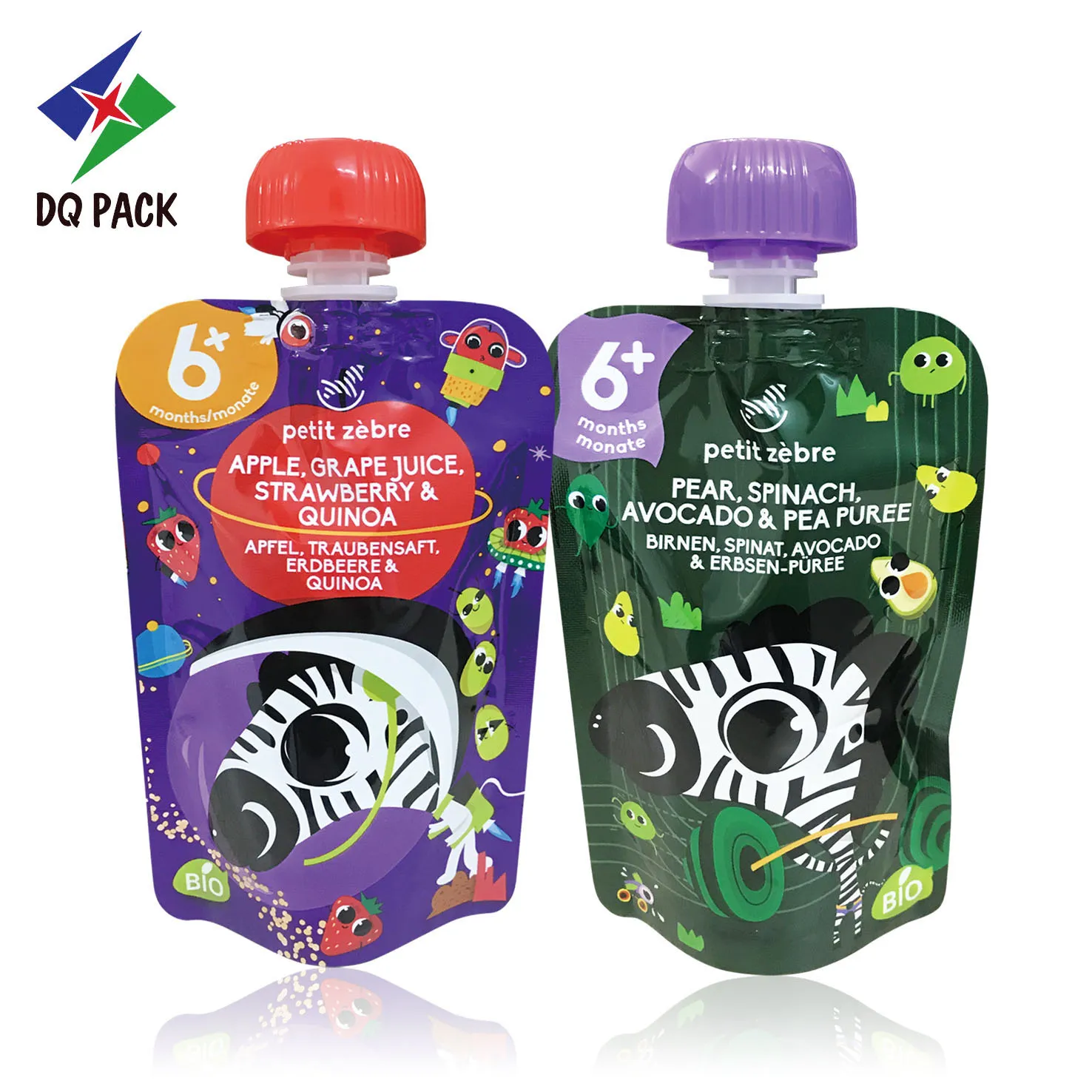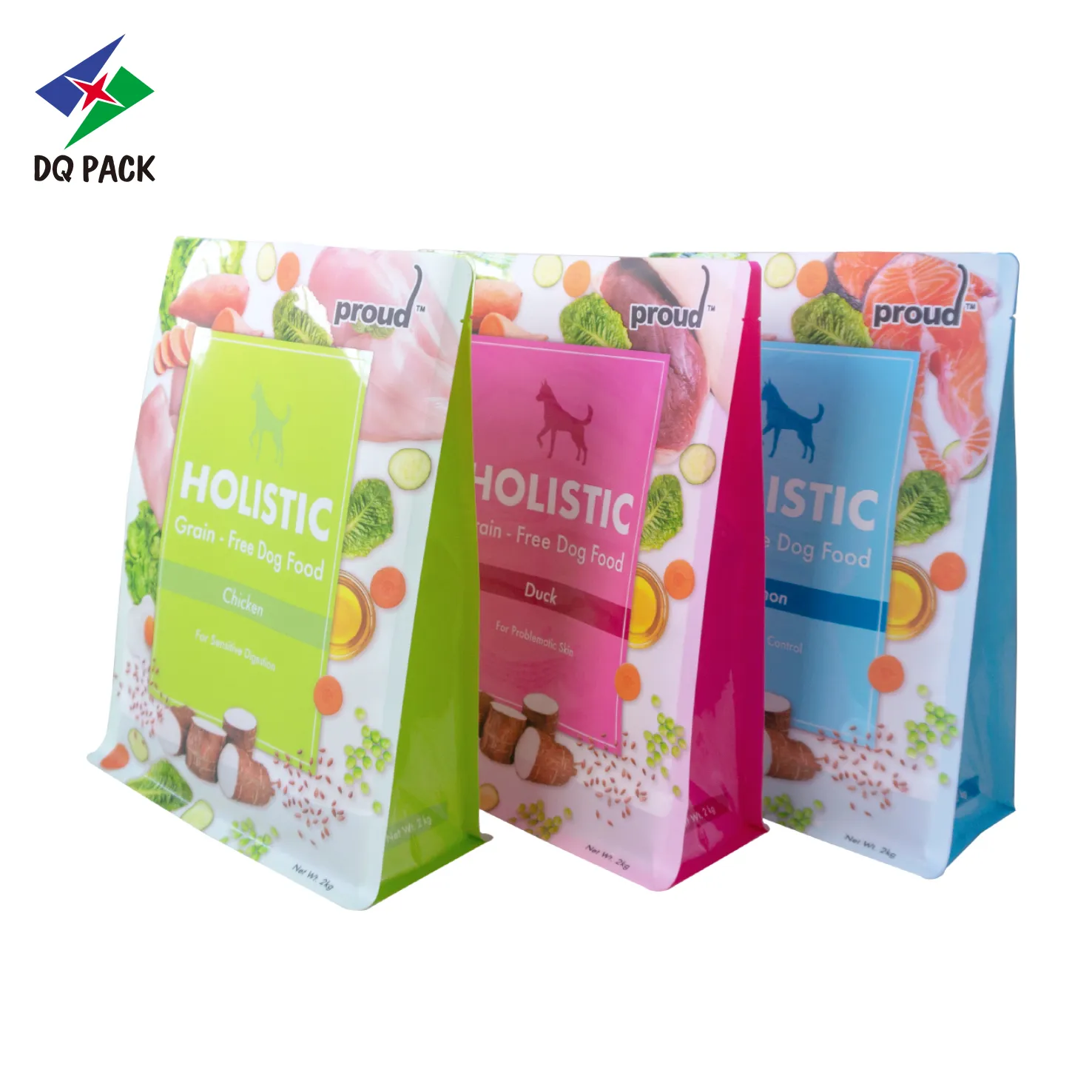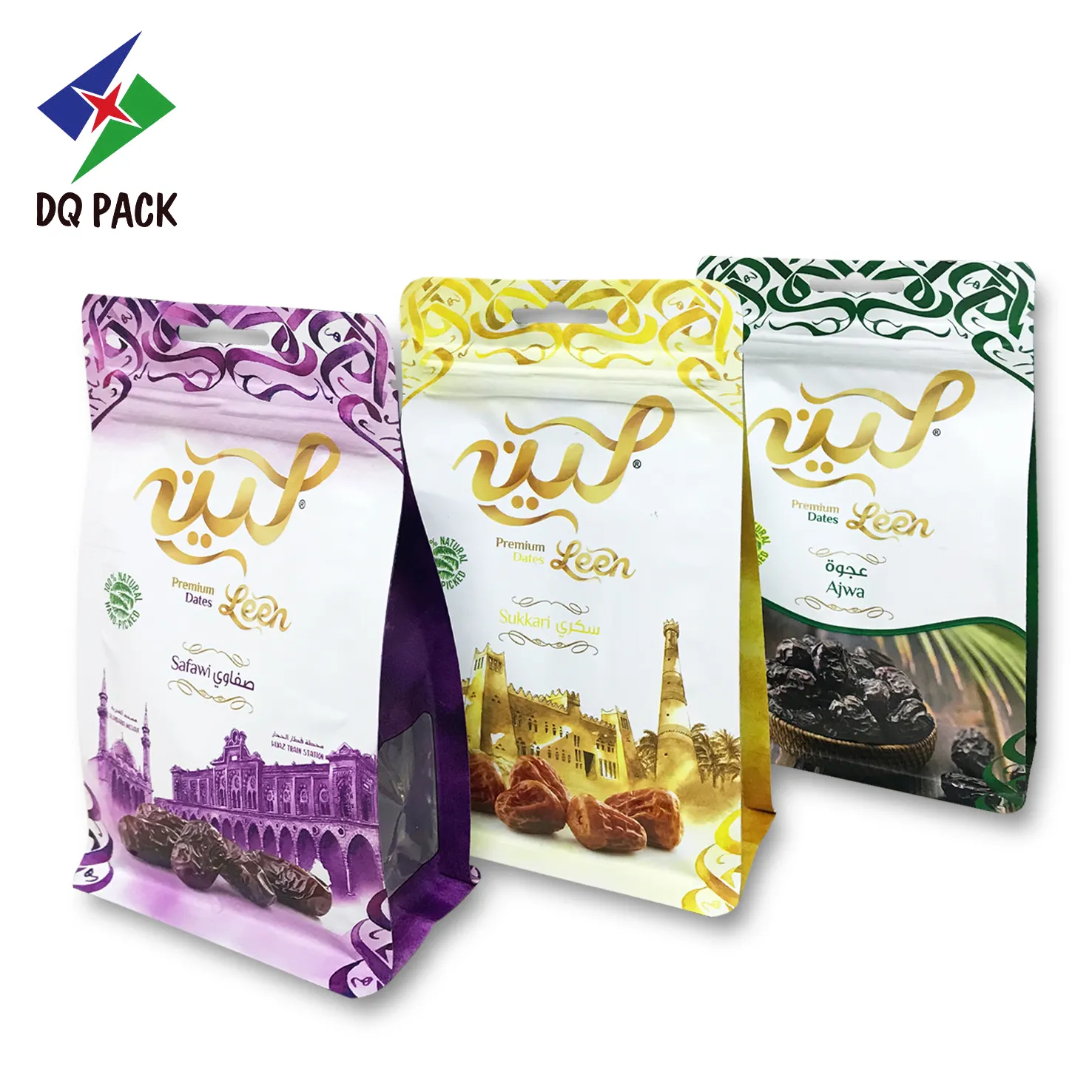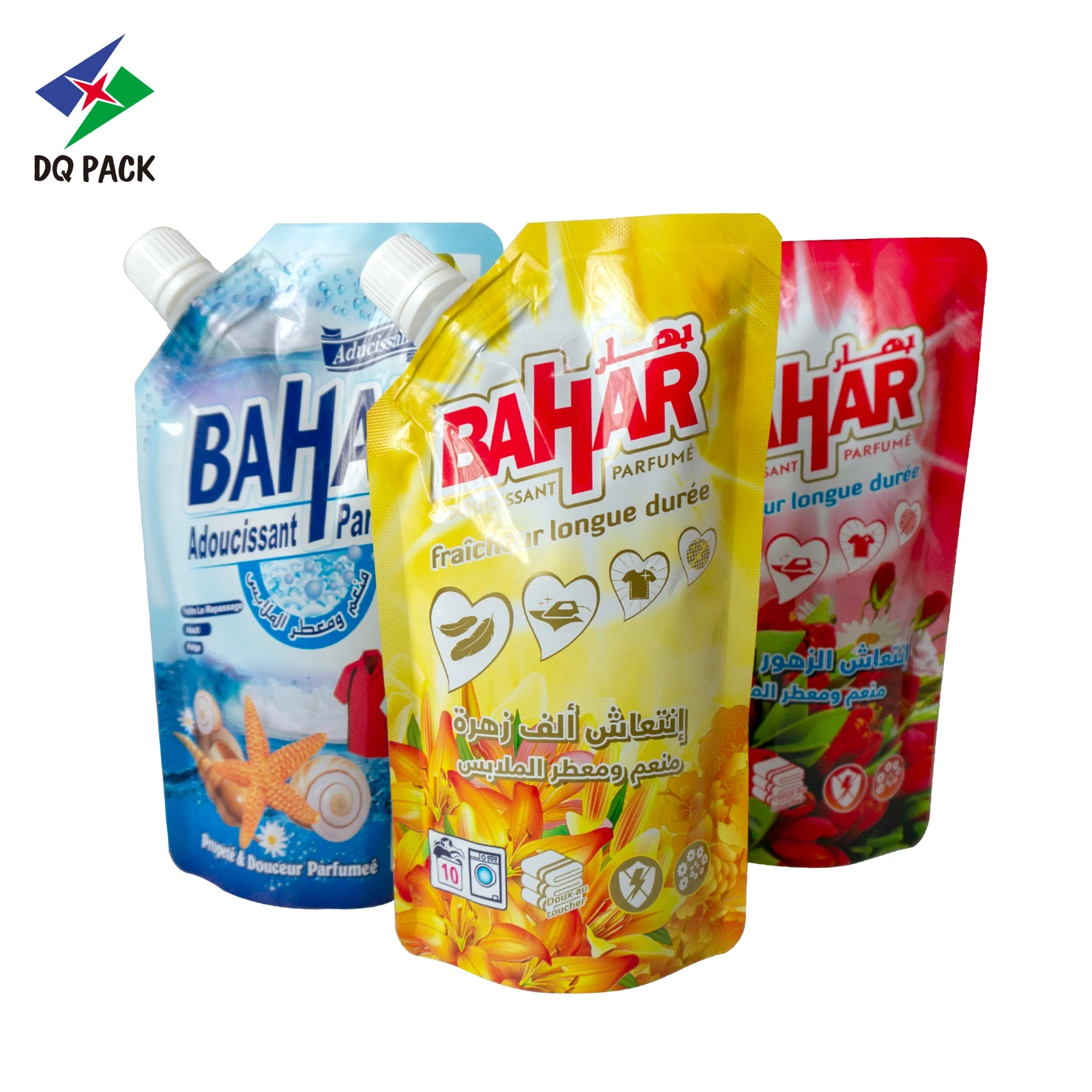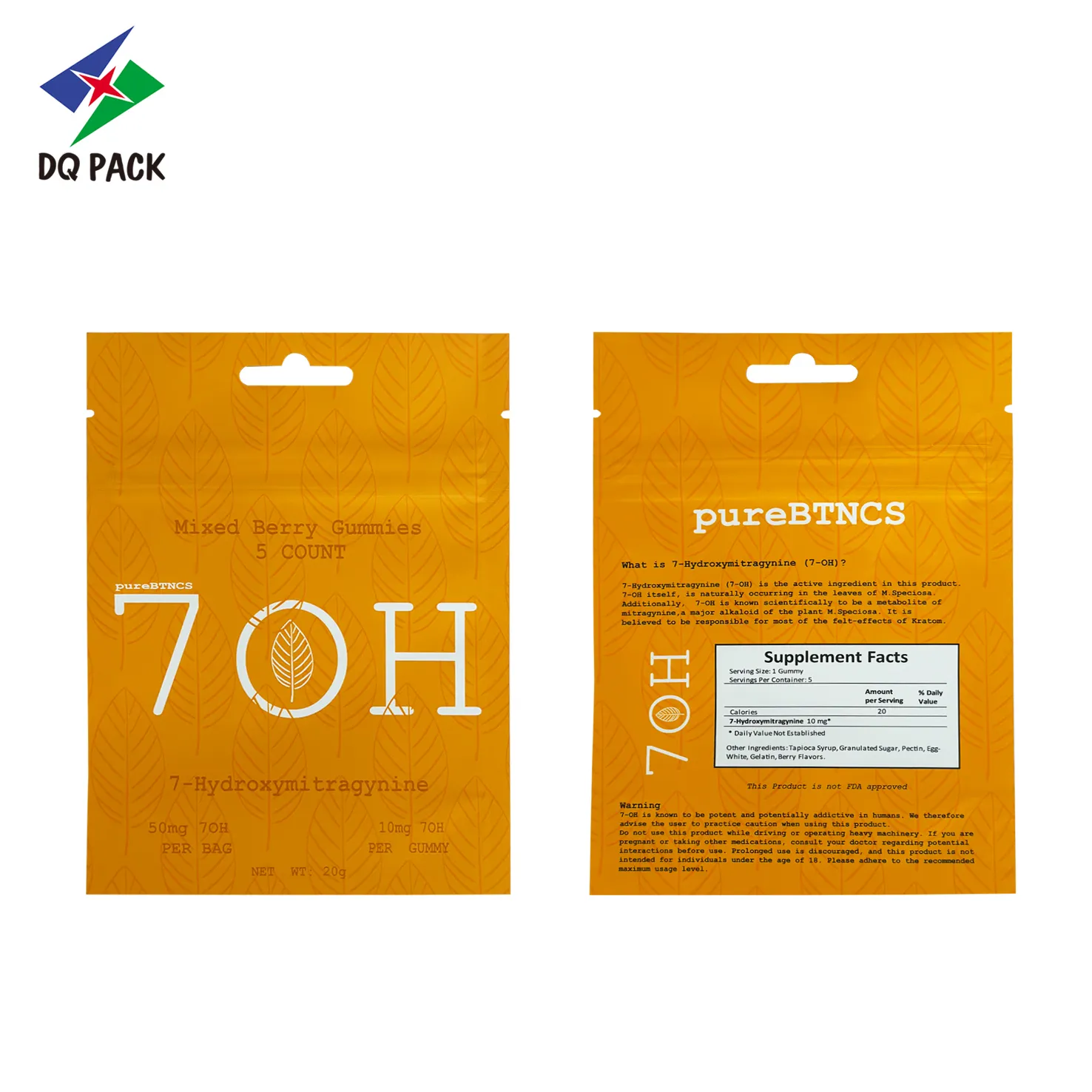In recent years, the focus on the sustainability of the food packaging industry has been on the rise. Demand for consumers about sustainability is becoming more and more popular, many brands are endeavoring to balance functionality and recyclability, special in potato chip bag packaging. The question of whether “Are Potato Chip Bags recyclable? “ still awaits an answer.
В этой статье, DQ Pack, a производитель гибкой упаковки на заказ, explores the packaging requirements for potato chips, the materials used in potato chip bags, and the challenges related to recyclability.
Packaging Requirements for Potato Chips
The top priority of potato chip bags is to preserve freshness and prolong durability. Since chips are vulnerable to moisture, air, and light, their packaging must provide an effective barrier to keep them fresh. Additionally, potato chip bags need to be durable to protect against punctures and tears during handling and shipping.
Convenience is another key requirement — consumers want easy-to-open, resealable packaging. Lastly, for a producer, potato chip bags need to be cost-effective for manufacturers to produce while meeting all of these requirements.
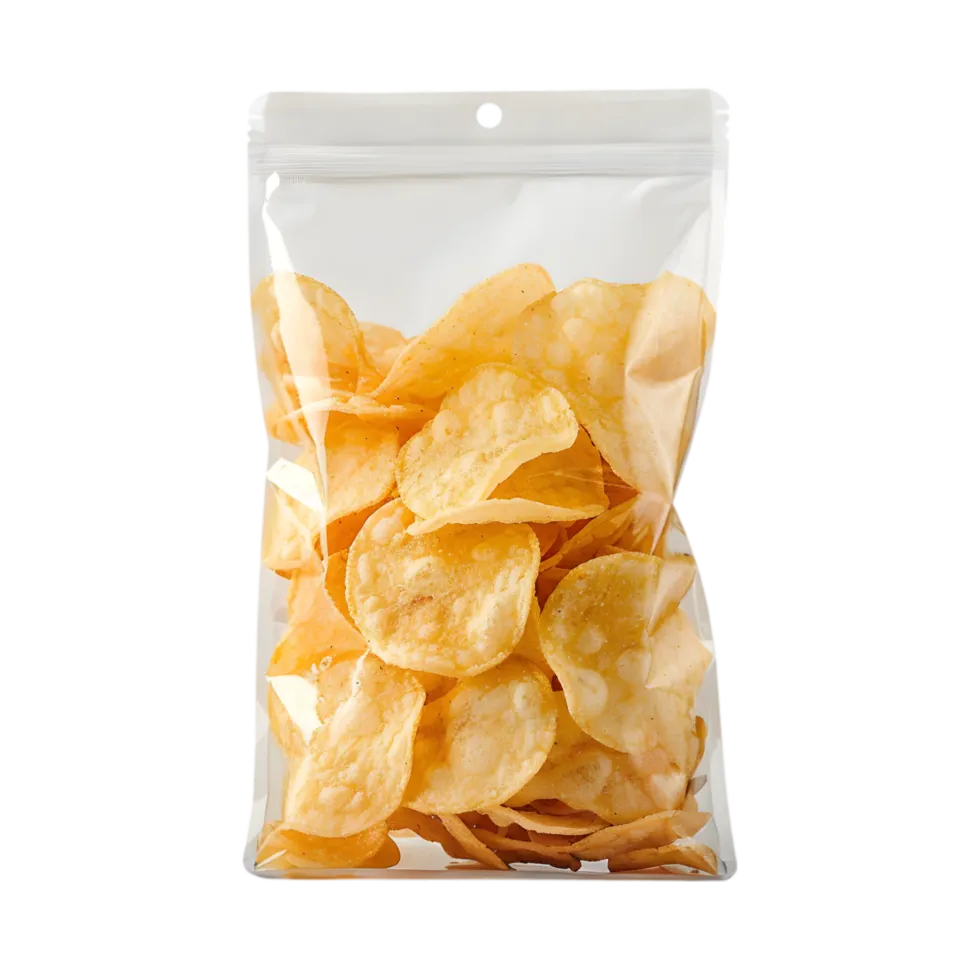
Common Materials Used in Potato Chip Packaging
Potato chip packaging adopts a multi-layer composite structure to balance the needs of preservation, marketing, and cost:
- Printed outer layer (BOPP): biaxially oriented polypropylene has become the most commonly used outer substrate due to its excellent printing adaptability, high glossiness, and friction resistance, providing cost-effectiveness.
- Main barrier layers (VMPET/aluminum foil): Vacuum-coated aluminum polyester film (VMPET) provides an excellent oxygen and light barrier. Aluminum foil provides almost perfect barrier properties and is the preferred choice for products with an extended shelf life.
- Final heat sealing layer (PE/CPP): Polyethylene or cast polypropylene is used for the inner layer. They have excellent heat sealing performance and are the key layer to ensure packaging airtightness, moisture resistance, and crispness of potato chips. Summary: This laminated structure is a balanced art of performance cost marketing, ensuring that potato chips remain crispy and flavorful throughout their entire shelf life.
Можно ли перерабатывать пакеты из-под картофельных чипсов?
The multi-layer structure brings a challenge to recycling these kinds of potato chip bags. Although some of its materials are recyclable separately, the multi-layer structure complicates its recycling processes.
Biaxially oriented polypropylene (BOPP) and polyethylene (PE): These materials can be recycled individually, but are difficult to handle when stacked in multiple layers. In the recycling process, the separation efficiency of these materials is not always high, and many recycling projects do not accept multi-layer materials.
Aluminum foil: Although aluminum can be recycled, it is often used as part of multi-layer composite materials, making it difficult to recycle efficiently. Separating these material layers is very complex and usually requires specialized equipment.
Single material: Using potato chip packaging bags made of a single material, such as single-layer polyethylene (mono PE) or single-layer polyethylene terephthalate (mono PET), can improve their recyclability because these materials are easier to process in existing recycling systems.
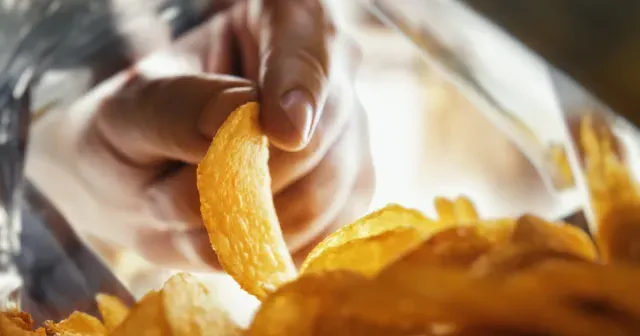
Current Industry Trends: Moving Towards Recyclable Packaging
Following the industry trends, many enterprises adapt to consumer demand for more sustainable packaging options:
Mono-material Packaging: Brands are exploring the mono-material packaging path, such as mono-PE. This kind of potato chip bag is easier to recycle and is able to be recycled by the current process of recycling process.
Recycled Content: The inclusion of recycled PET (rPET) is becoming more common in potato chip bags, helping to reduce the need for virgin plastic and cut down on carbon emissions.
Compostable Packaging: It is still a niche. Many brands are probing this area for an optional solution to cut carbon print. These solutions are designed to break down naturally in composting conditions, reducing waste.
Lightweighting: Reducing the amount of packaging material used is another way manufacturers are improving sustainability. Lighter bags mean less material waste and reduced transportation emissions.
Regulatory and Consumer Expectations
With sustainable growth gaining momentum worldwide, regulations and consumers are motivating brands to switch to recyclable packaging. Governments globally are enacting more stringent regulations to manage packaging waste, and to create a model for businesses to rely on, recyclable, compostable, and biodegradable materials have surfaced.
In addition, consumers are becoming more willing to support brands that utilize environmentally safe packaging. Additionally, many consumers are willing to pay significantly higher prices for brands that produce sustainable products, which draws brand attention to alternative sustainable packaging methods.
The Role of Sustainable Packaging in Brand Image
An enterprise that adopts sustainable packaging will easier to attract customers’ inner thinking, which improves brand image at the same time. Brands are able to differentiate themselves by this method among their young generation customers. Potato chip bags that are recyclable or made from recycled materials signal to consumers that the brand is committed to environmental responsibility.
The use of eco-friendly packaging can significantly enhance brand loyalty and trust, which translates into a stronger, more competitive market position.
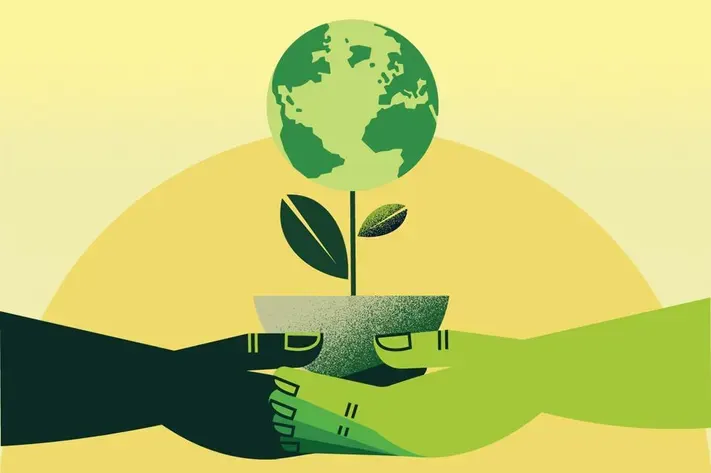
The Future of Potato Chip Packaging: What’s Next?
Breakthrough in high-performance sustainable materials: Focus on the development of new bio-based and Separable Barrier Coatings. These technologies aim to achieve the ultimate performance of Mono-Material structures without sacrificing shelf life.
Investment and implementation of circular economy model: Brands are investing in packaging recycling and reuse systems (such as chemical recycling and deposit refund programs). This requires manufacturers to ensure the high-purity recyclability of their packaging to support a closed-loop supply chain.
Brand ESG Goals and Mandatory Compliance: With the implementation of EU PPWR and other regulations, the sustainability goals set by brands will shift from “commitments” to mandatory compliance. This requires your supplier to have the ability to provide a complete set of carbon footprint reports.
Заключение
While potato chip bags are not yet fully recyclable in every part of the world, progress is being made. By adopting mono-material packaging, using recycled content, and exploring compostable packaging, brands are taking important steps toward more sustainable solutions.
О DQ Pack

DQ Pack is a leading производитель гибкой упаковки на заказ, specializing in индивидуальные решения для гибкой упаковки with free samples and low MOQ for diverse industries.
Our production capabilities include 6 advanced printing lines и 4 solvent-free lamination lines, ensuring high-quality, eco-friendly packaging.
With global exports to over 120 countries, we maintain certifications like ISO22000, FDA, BV, SGS, and GMC, and our strict QA protocols comply with international standards to guarantee product safety and reliability

